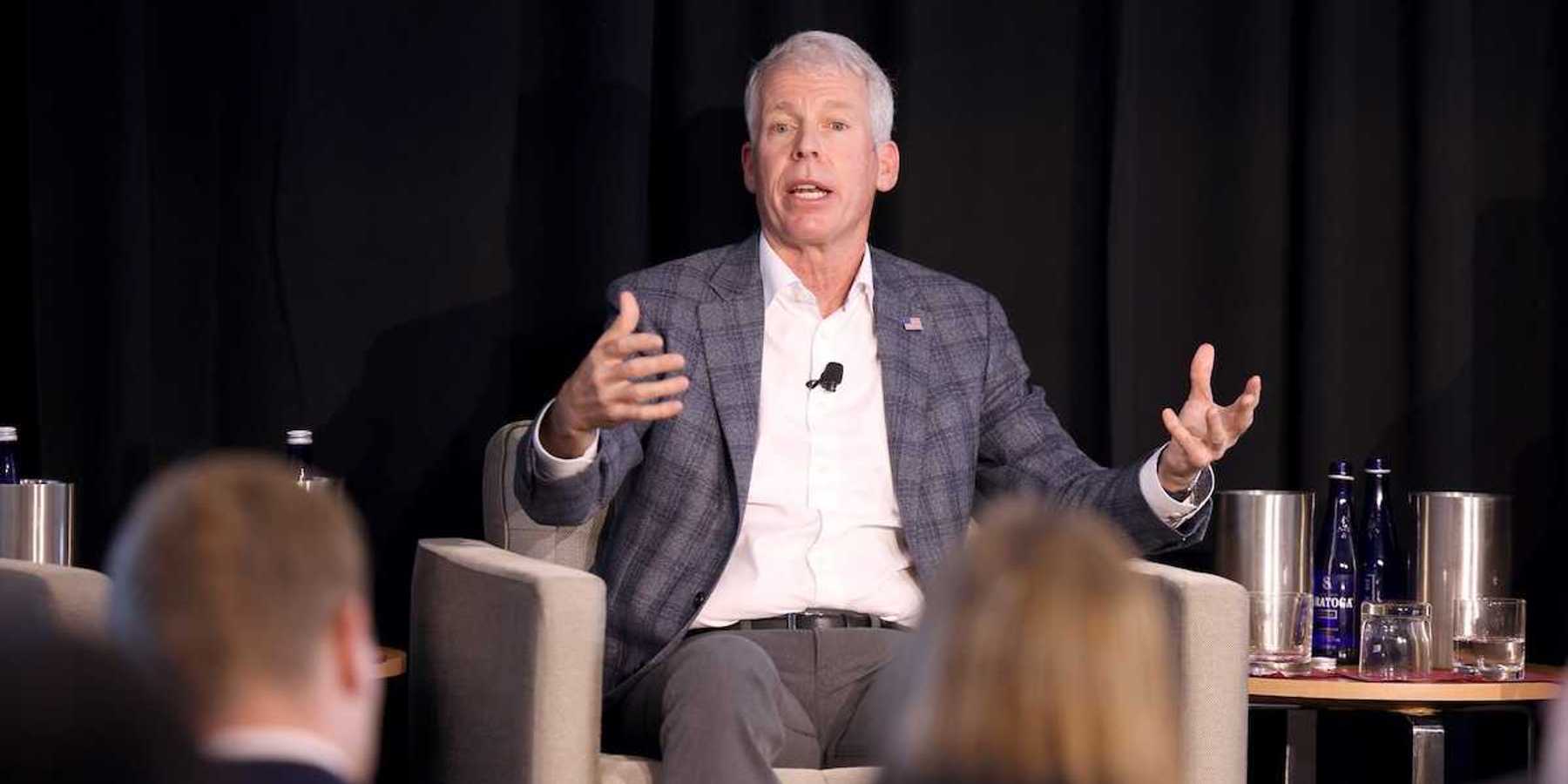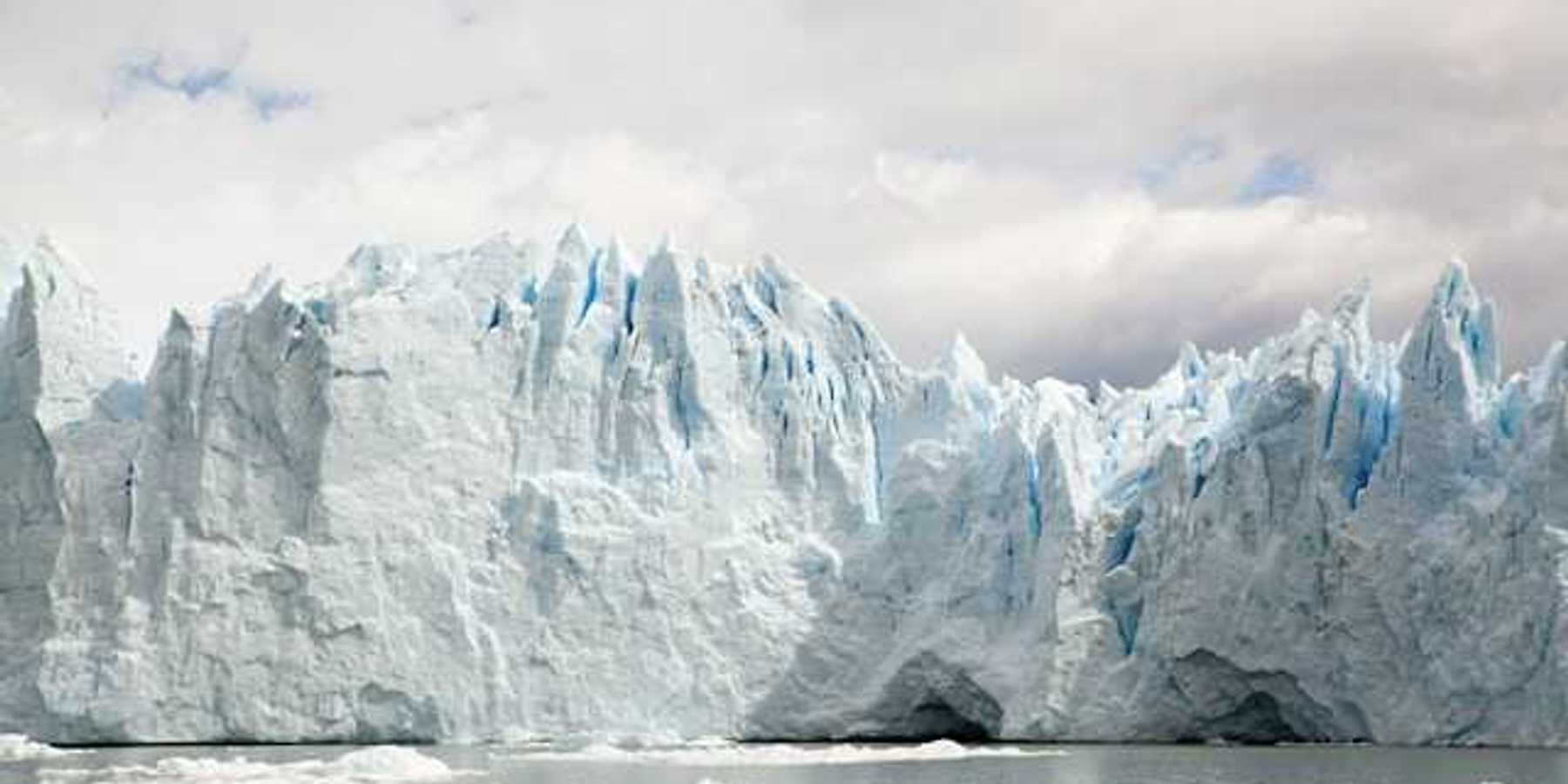Company pursues carbon storage under US forests despite initial denials
CapturePoint Solutions, initially denied twice by the U.S. Forest Service, may soon gain approval to store millions of tons of carbon dioxide beneath national forests due to a proposed rule change.
Pam Radtke reports for Floodlight.
In short:
- CapturePoint Solutions leased land and started carbon management programs near Forest Service land after initial denials.
- The Forest Service is considering a rule to allow carbon storage under federal lands, though they insist CapturePoint's requests did not influence this decision.
- Critics argue carbon storage could lead to leaks and industrialization of federal lands, while proponents see it as crucial for meeting greenhouse gas reduction targets.
Key quote:
“It gives industry essentially a place to dump their carbon dioxide waste, benefit from the tax credits, and they don't have to deal with the messiness of trying to get permission from property owners and eminent domain.”
— Victoria Bogdan Tejeda, an attorney with the Center for Biological Diversity
Why this matters:
Storing carbon dioxide underground could help mitigate climate change, but it also poses risks like potential leaks and environmental impacts. Understanding the balance between these risks and benefits is essential for future policy decisions.













